Scaling for Success: A Look at Layer 2 Solutions for Ethereum
How Blockchain Will Enhance DeFi Adoption: Top 10 Predictions for the Future

 Albert Peter
Albert Peter
·
Follow
Published in
Coinmonks
7 min read
·
2 days ago
Listen
Share
More
In the ever-evolving realm of decentralized finance (DeFi), the integration of blockchain technology stands as a pivotal force poised to reshape the future. This article delves into the profound impact of blockchain on DeFi adoption, presenting a comprehensive exploration through the lens of ten insightful predictions. As decentralized finance continues to gain momentum, blockchain emerges as a transformative catalyst, promising increased security, transparency, and efficiency. From innovative smart contracts to decentralized applications, the top 10 predictions encapsulate a vision of a more inclusive and robust financial ecosystem. Discover how blockchain’s seamless integration is set to revolutionize DeFi, unlocking new possibilities and paving the way for a decentralized financial landscape that transcends traditional boundaries. Join us on this journey into the future, where the synergy of blockchain and DeFi promises unprecedented advancements and widespread adoption.
From innovative smart contracts to decentralized applications, the top 10 predictions encapsulate a vision of a more inclusive and robust financial ecosystem. Discover how blockchain’s seamless integration is set to revolutionize DeFi, unlocking new possibilities and paving the way for a decentralized financial landscape that transcends traditional boundaries. Join us on this journey into the future, where the synergy of blockchain and DeFi promises unprecedented advancements and widespread adoption.
Definition of DeFi
Decentralized Finance (DeFi) refers to a financial ecosystem built on blockchain technology, aiming to recreate and enhance traditional financial services without reliance on central authorities. In DeFi, smart contracts on decentralized platforms facilitate various financial activities such as lending, borrowing, trading, and earning interest, eliminating intermediaries.
This peer-to-peer approach promotes transparency, accessibility, and inclusivity, allowing users worldwide to participate in financial transactions and services. DeFi leverages blockchain’s trustless and decentralized nature to create an open and borderless financial system, revolutionizing how individuals engage with and manage their assets in a decentralized, transparent, and permissionless manner.
The Evolution of DeFi
DeFi, or Decentralized Finance, has rapidly evolved, transforming traditional financial paradigms. Emerging on blockchain platforms, it leverages smart contracts for decentralized lending, borrowing, and trading. From its inception, DeFi has witnessed an explosion of projects and innovations, enhancing financial inclusivity and providing users with unprecedented control over their assets. The evolution continues to unfold as DeFi adapts to challenges, explores new technologies, and reshapes global finance by offering borderless, permissionless, and transparent financial services.
Top 10 Ways Blockchain Can Drive DeFi Adoption
Blockchain technology plays a crucial role in driving the adoption of Decentralized Finance (DeFi) by providing a secure and transparent foundation for financial transactions. Here are ten ways in which blockchain can contribute to the growth of DeFi adoption:
- Security Enhancement: Blockchain’s decentralized and immutable nature fortifies the security of DeFi protocols, safeguarding against fraud and hacking.
- Transparency and Trust: The transparent and auditable nature of blockchain enhances trust, providing users with a clear view of transactions and smart contract operations within the DeFi ecosystem.
- Interoperability: Blockchain facilitates interoperability among different DeFi platforms, enabling seamless and efficient transfer of assets and data across various protocols.
- Smart Contract Innovation: Blockchain enables the creation of sophisticated smart contracts, automating complex financial transactions in DeFi with increased efficiency and accuracy.
- Global Accessibility: Leveraging blockchain technology ensures DeFi services are accessible globally, allowing anyone with an internet connection to participate in decentralized finance.
- Reduced Counterparty Risk: Through the use of smart contracts, blockchain minimizes counterparty risk in DeFi transactions, enhancing reliability and reducing the need for intermediaries.
- Tokenization of Assets: Blockchain allows for the tokenization of real-world assets, increasing liquidity and enabling fractional ownership, thus expanding the scope of DeFi offerings.
- Decentralized Exchanges (DEXs): Blockchain supports the creation of decentralized exchanges, providing users with non-custodial and secure platforms for trading various assets within the DeFi ecosystem.
- Cross-Border Transactions: Blockchain facilitates efficient cross-border transactions, eliminating the need for traditional banking infrastructure and reducing transaction costs in DeFi.
- Community Governance: Blockchain’s decentralized governance models empower the DeFi community to participate in decision-making processes, fostering a more democratic and inclusive financial ecosystem.
As blockchain technology continues to evolve, it will likely play an even more significant role in driving the growth and mainstream adoption of DeFi, addressing challenges, and providing scalable solutions for a decentralized financial future.
What countries are using DeFi?
Decentralized Finance (DeFi) is a global phenomenon, and various countries around the world have seen significant participation in DeFi projects. While it’s challenging to provide an exhaustive and up-to-date list, as the DeFi space is dynamic and continually evolving, several countries have shown notable interest and involvement. some countries with active participation in DeFi include:
- United States: The U.S. has a significant presence in the DeFi space, with various projects, users, and investments.
- China: Despite regulatory challenges, there has been interest and participation in DeFi from Chinese users and projects.
- United Kingdom: The UK has seen growing interest and adoption of DeFi services.
- Singapore: Known for its supportive regulatory environment, Singapore has become a hub for many DeFi projects.
- Switzerland: With a favorable regulatory climate and a reputation for being crypto-friendly, Switzerland has attracted DeFi projects and users.
- Estonia: Known for its e-governance initiatives and digital-friendly policies, Estonia has seen some DeFi activity.
- Germany: The German blockchain and crypto community has actively engaged in DeFi projects.
- South Korea: Crypto and DeFi have gained popularity among the tech-savvy population in South Korea.
- Netherlands: The Netherlands has a growing DeFi community with various projects and users.
- Australia: The Australian market has shown interest in DeFi, with users participating in decentralized finance projects.
It’s important to note that the regulatory environment for DeFi can vary significantly from one country to another, and developments in this space may have occurred since. Additionally, individuals should be aware of the legal and regulatory frameworks in their respective countries when engaging in DeFi activities.
Why is DeFi adoption important for all industries?
Decentralized Finance (DeFi) adoption is considered important for various industries due to several potential benefits and transformative features that it offers. Here are some reasons why DeFi adoption is seen as crucial across industries:
➥ Financial Inclusion
- DeFi has the potential to provide financial services to individuals who are unbanked or underbanked, especially in regions with limited access to traditional banking infrastructure. Through decentralized platforms, people can access financial tools, such as lending, borrowing, and savings, without relying on traditional banking systems.
➥ Accessibility
- DeFi operates on blockchain technology, which allows for borderless and 24/7 access to financial services. This accessibility is particularly valuable in regions where traditional banking hours and infrastructure may be limited.
➥ Reduced Intermediaries and Costs
- DeFi eliminates many intermediaries in financial transactions, reducing the overall costs associated with traditional financial services. This can lead to more efficient and cost-effective financial processes for individuals and businesses.
➥ Transparency and Security
- Blockchain technology, the foundation of DeFi, provides a transparent and tamper-resistant record of transactions. This transparency enhances security and reduces the risk of fraud, bringing greater trust to financial transactions.
➥ Smart Contracts and Automation
- DeFi platforms often leverage smart contracts, self-executing contracts with the terms of the agreement directly written into code. This automation streamlines processes reduces the need for manual intervention and increases the efficiency of financial transactions.
➥ Global Accessibility
- DeFi allows users to access financial services globally without relying on a specific geographical location or traditional financial infrastructure. This global accessibility can foster international collaborations and business transactions.
➥ Innovation and Competition
- DeFi promotes innovation by providing an open and decentralized platform for developers to build and experiment with new financial products and services. This increased competition can lead to the development of more innovative and user-friendly financial solutions.
➥Asset Tokenization
- DeFi enables the tokenization of various assets, representing ownership in a digital form. This can lead to increased liquidity for traditionally illiquid assets, such as real estate or fine art, making it easier for investors to buy and sell fractional ownership.
➥ Decentralized Identity
- DeFi platforms can leverage decentralized identity solutions, providing users with more control over their personal information. This can enhance privacy and reduce the risk of identity theft.
➥ Resilience to Systemic Failures
- The decentralized nature of DeFi systems reduces the risk of a single point of failure, making the overall financial ecosystem more resilient to systemic failures.
While DeFi offers numerous advantages, it’s important to note that challenges, including regulatory concerns and security issues, need to be addressed for widespread adoption and integration into traditional financial systems. As the technology matures and regulatory frameworks evolve, the potential impact of DeFi on various industries continues to grow.
Conclusion
In conclusion, the intersection of blockchain and decentralized finance (DeFi) heralds a transformative era for the financial landscape. The top 10 predictions we’ve explored underscore the profound influence of blockchain in enhancing DeFi adoption. As we envision a future where financial systems are decentralized, transparent, and accessible to all, blockchain emerges as the cornerstone of this evolution. The predictions, ranging from increased security measures to the proliferation of decentralized applications, paint a vivid picture of the potential awaiting the DeFi space.
Embracing blockchain technology is not merely a choice; it is a strategic imperative that promises to redefine financial paradigms. The decentralized future we anticipate is marked by innovation, inclusivity, and efficiency, setting the stage for a financial ecosystem where individuals have greater control over their assets and transactions. As we stand on the cusp of this revolution, the amalgamation of blockchain and DeFi beckons a new era of financial empowerment and possibilities.
6
Defi
Defi Development Company
Defi Development
Defi Development Agency
Defi Developer
6
 Follow
Follow
Written by Albert Peter
62 Followers
·
Writer for
Coinmonks
I'm Albert Peter a 6+ years Experience in blockchain. NFTs, crypto, and the future of tech. Let's talk.
More from Albert Peter and Coinmonks
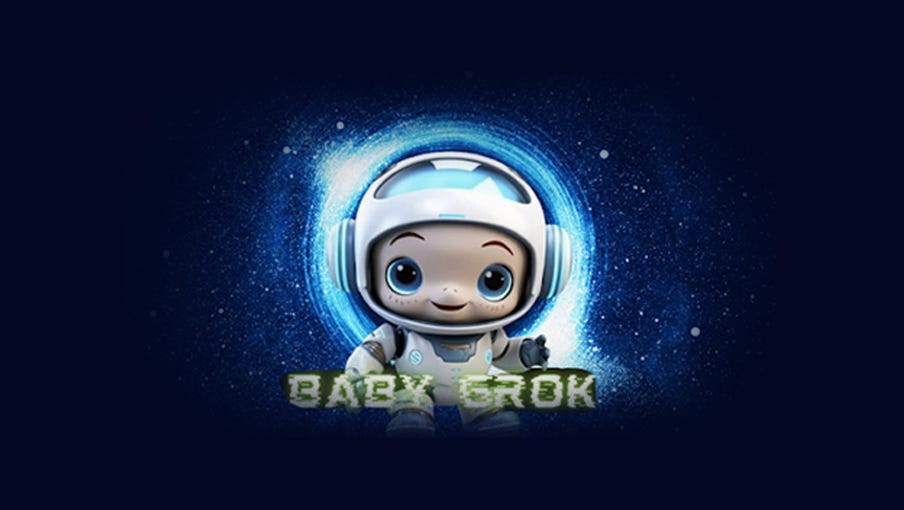
 Albert Peter
Albert Peter
in
GamingArena
Baby Grok: A Deep Dive into the Trending Meme Coin Phenomenon
Dive into the viral trend with Baby Grok, the hottest meme coin sensation. Uncover the hype and potential in this deep exploration.
6 min read
·
Jan 10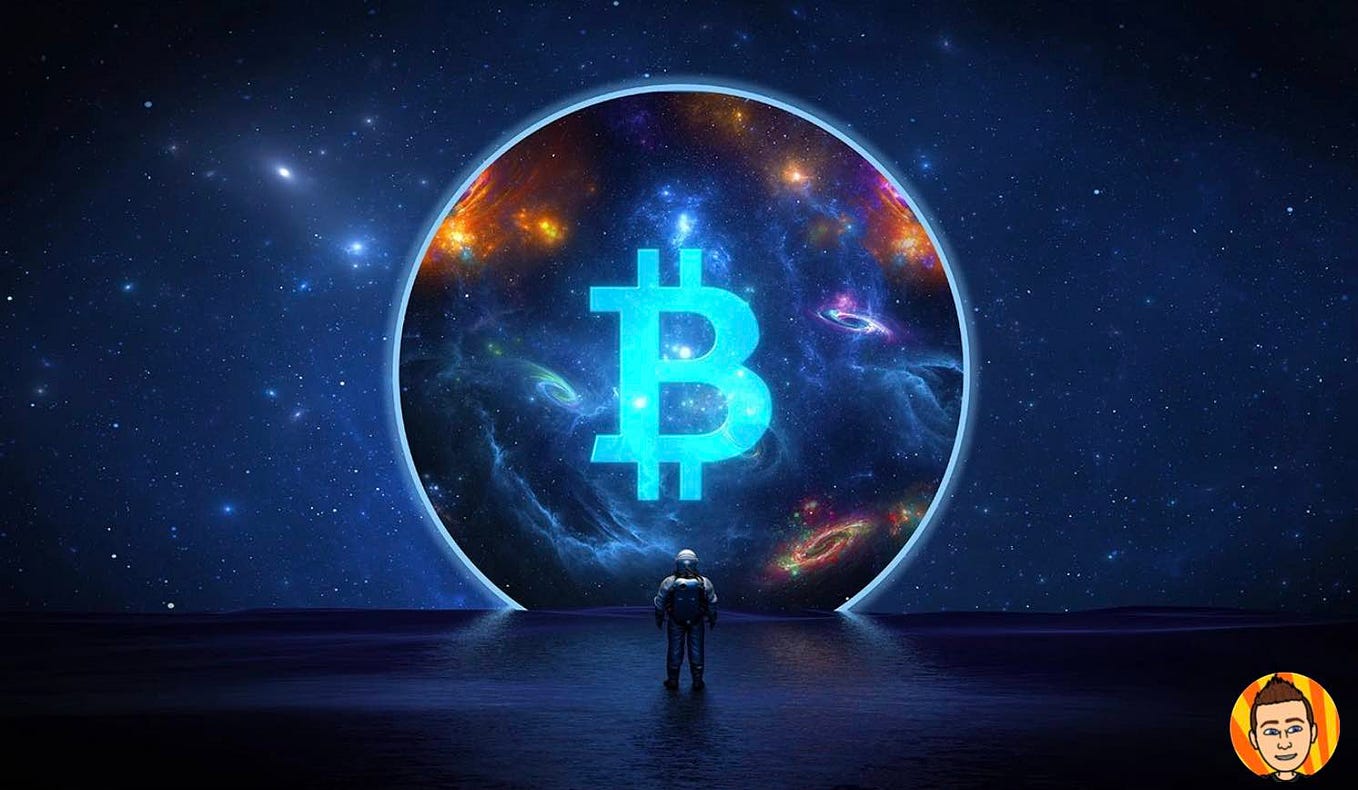
 Johnwege
Johnwege
in
Coinmonks
Bitcoin is about To SHOCK the World
Bitcoin is about to shock the world, and it will be sooner than you think. This market will test your conviction, unlike anything you have…
·
6 min read
·
Jan 27
597
6
 Velvet.Capital
Velvet.Capital
in
Coinmonks
The DeFi Revolution Coming in 2023
The crypto winter is thawing. 2023 is off to a hot start & DeFi looks ripe to propel the sector to new heights. Will you be ready for it?
6 min read
·
Feb 23, 2023
15.2K
342
 Albert Peter
Albert Peter
in
CryptoNiche
Key Trends In Token Development For 2024 To Watch Out For
Explore 2024’s key token development trends. Stay ahead in the evolving crypto landscape
5 min read
·
6 days ago
1
Recommended from Medium
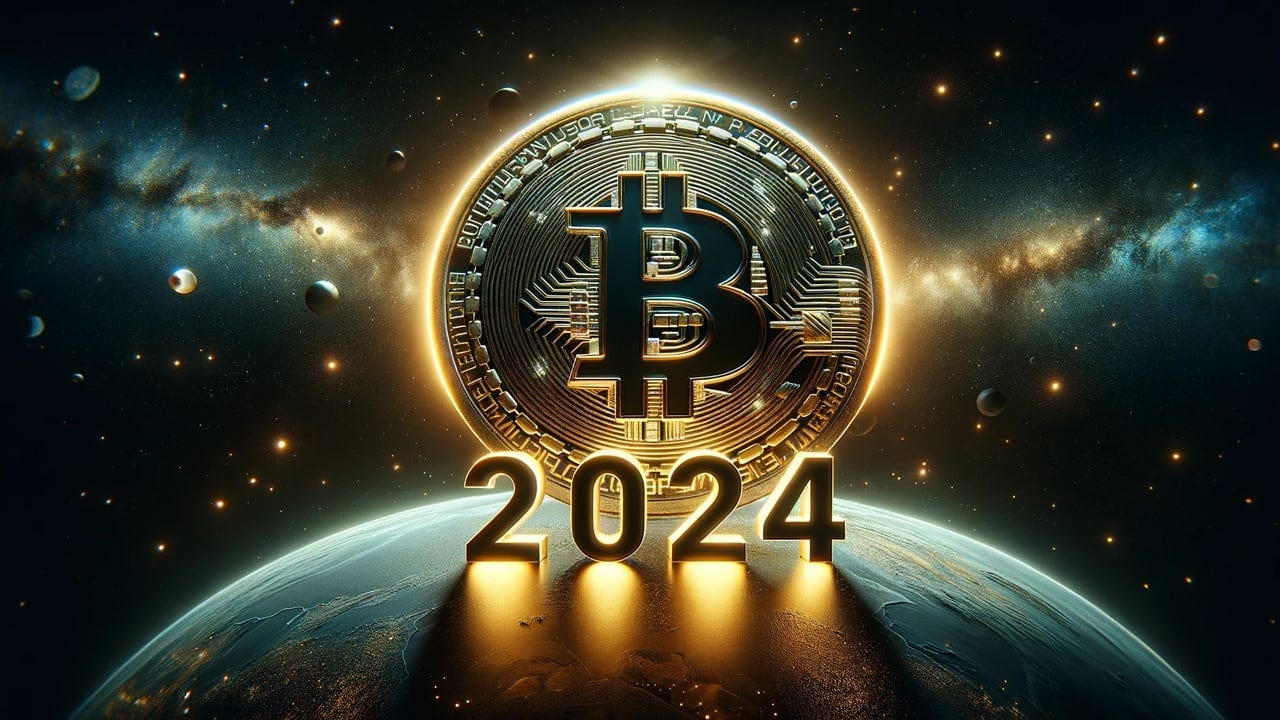
 Linda Flowers
Linda Flowers
in
Cryptocurrency Scripts
2024 Crypto Projections: What To Expect
Explore 2024 crypto projections: Discover expected trends, potential growth, and insights into the future of the cryptocurrency market.
5 min read
·
Jan 26
16
 Annabelle Darcie
Annabelle Darcie
in
CryptoNiche
A Ultimate Gudie To AI Token Development In 2024
In the dynamic landscape of blockchain technology and cryptocurrency, the integration of artificial intelligence (AI) has emerged as a…
9 min read
·
6 days ago
1
Lists


Staff Picks570 stories
·
708
saves

 Stories to Help You Level-Up at Work19 stories
Stories to Help You Level-Up at Work19 stories
·
453
saves

 Self-Improvement 10120 stories
Self-Improvement 10120 stories
·
1292
saves

 Productivity 10120 stories
Productivity 10120 stories
·
1185
saves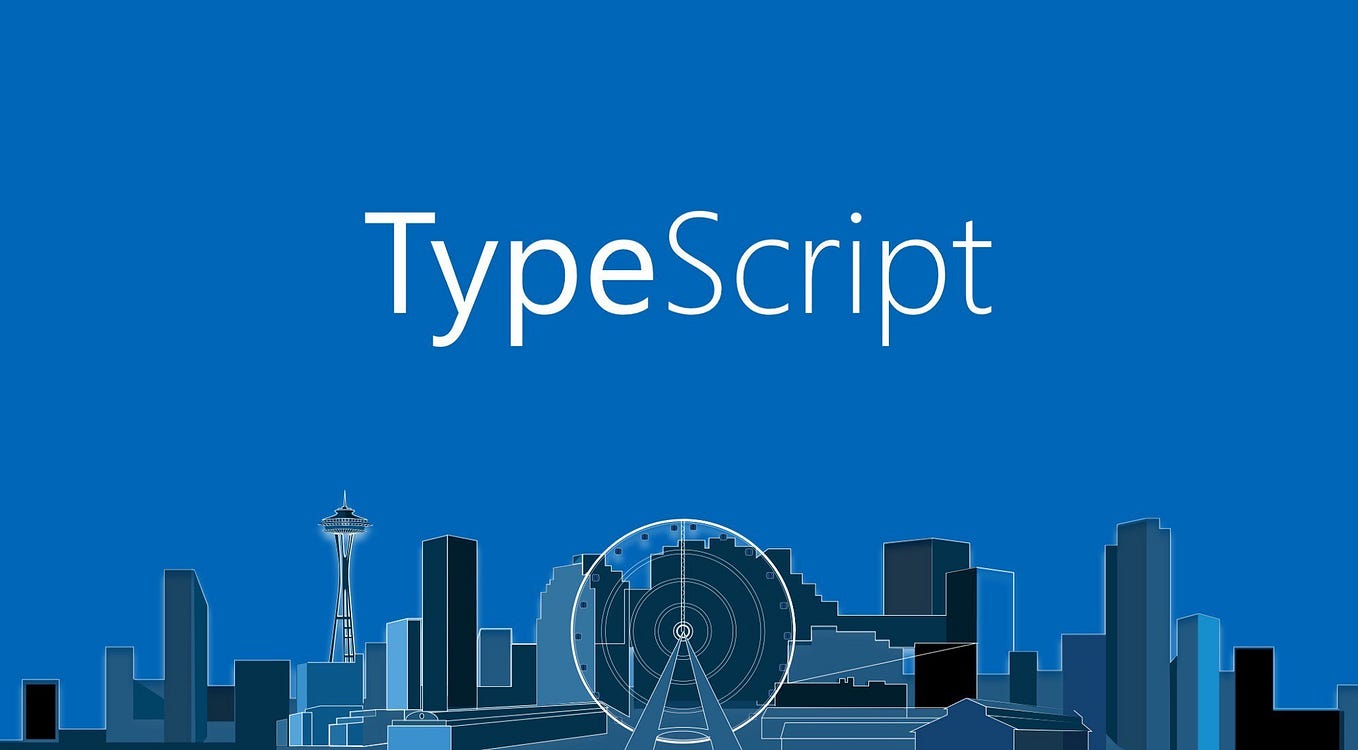
Md Soyeb Been Hasan
Exploring TypeScript: A Beginner’s Guide to Stronger JavaScript
Introduction
3 min read
·
2 days ago
58
 Manymore
Manymore
Blockchain Brilliance: Unveiling Solutions with the SEI Network! #5 Smart Contract IP Licensing
Want to know more about the Sei Network? Read here Interested in Sei v2? Read here
4 min read
·
Jan 26
58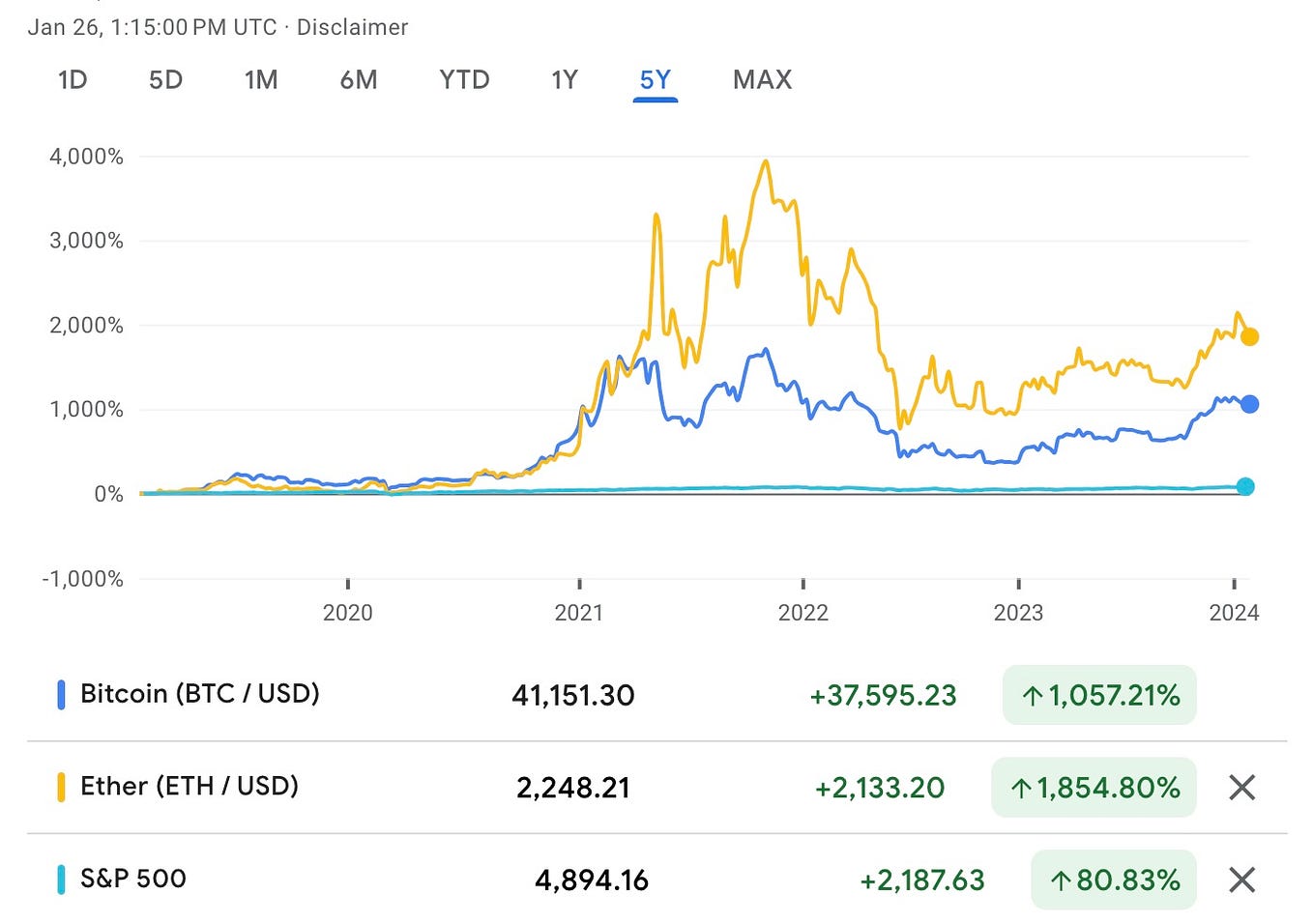
 Enrique Dans
Enrique Dans
in
Enrique Dans
Why cryptocurrencies are here to stay, regardless of what governments do
The SEC’s recent approval of exchange-traded bitcoin investment funds (ETFs) is attracting growing numbers of new investors aware of the…
·
2 min read
·
Jan 27
534
12 Harry Crabtree
Harry Crabtree
What Is Web3? Blockchain Explained
The concept of Web3 represents a significant evolution in the digital realm.
·
5 min read
·
Jan 9
259
1
















































